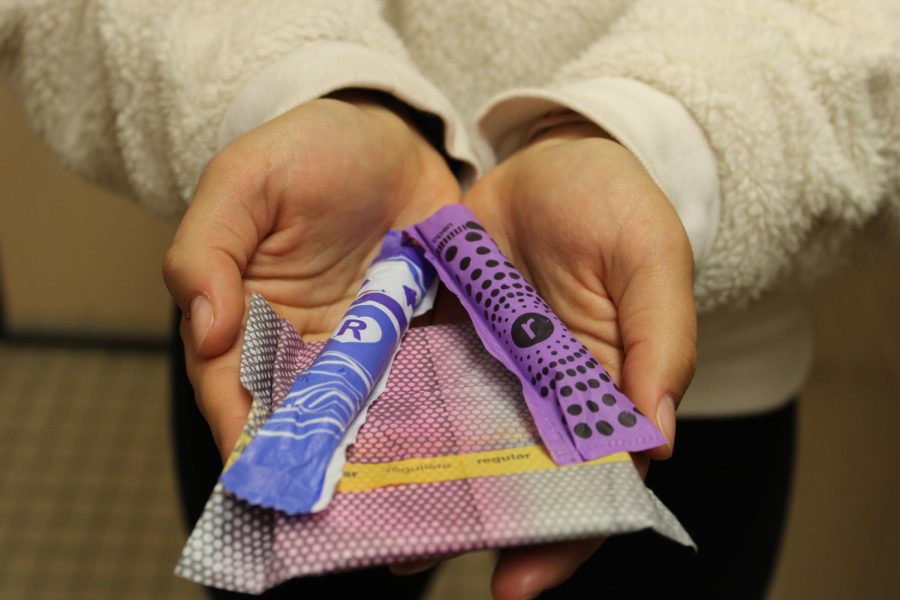Exploring the stigma against menstruation
The taboo of menstruation has carried on for ages and as a result, those who menstruate can feel guilt when it comes to their body’s natural processes. Menstruation is the release of blood from the uterus and out through the vagina. The bleeding is your body’s natural way of releasing tissue that is no longer needed and “preparing” for a possible pregnancy. Menstruation is often called “unsanitary,” “impure”, and “sinful.” While these misconceptions can be harmful to the image of those that menstruate, Generation Z has started an open conversation about the biological process.
Cultural and religious beliefs have stigmatized the process and have pushed the narrative of periods being associated with uncleanliness. Some practices encourage the separation and isolation of women during their period because of the alleged impurity. Common misconceptions include that tampons can take virginity and that only women get periods. Others diminish the struggles of those who menstruate by stating that periods cramps aren’t “painful” or labeling mood swings as “just hormones.”
The stigma against menstruation contributes to the global problem of period poverty. Period poverty is the inaccessibility to menstrual hygiene products and education due to, but not limited to, low income, the loss of affordable supply, and homelessness. According to The Daily Universe, globally 500 million people who experience menstruation face period poverty.
“We [Women Empowerment Club] partnered with a women’s shelter to donate period products,” Women Empowerment Club founder Jarryn Koneri said. “Period poverty is a crisis everywhere so we decided to help locally.”
From a young age, people are taught that words such as vagina, labia, and clitoris are “bad words”. These are all words that describe biological female genitalia, a societal taboo relating to the discrimination against individuals with female genitalia. This lack of education around basic biological features contributes to the stigma around menstruation.
Menstruation is often referred to as “that time of the month” and people come up with new ways to avoid, or euphemize, the conversation. The education, or lack thereof, greatly contributes to the misinformation around the subject. Even when sex education is provided, women are often separated from men and the cycle of discrimination continues. According to Admissionly, only 14% of middle schools and 38% of high schools teach all the topics required for an effective and comprehensive sex education course.
“I’ve always felt like there’s not enough support for young women in high school,” Women Empowerment Club founder Jarryn Koneri said. “There are so many changes women go through and the education system doesn’t provide sufficient support or understanding.”
To break the stigma, those who experience menstruation, or even those who don’t, can start an open and honest conversation with family members and inner circles. Educating one person about the natural processes of the body can start a cycle of openness and awareness. By speaking and sharing one’s struggles and experiences, one can tackle the problem head-on.











